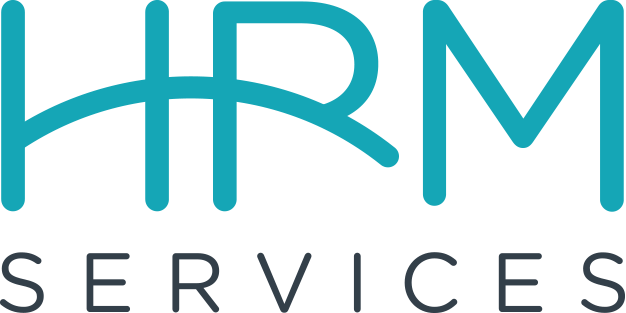QUESTION: We are a small company, and I serve customers as well as run the business. I am having a hard time managing the needs of the customers, the staff, and the business as a whole. Something always seems to be falling through the cracks. I’ve thought about how I might get more help in the HR area – someone with more expertise, but also someone with more time to handle issues, especially staffing issues. Since we are a small company (approximately 10 employees) and don’t have a big budget or need, I can’t see hiring a person who is only focused on HR. What are some options?
ANSWER: You are correct that with your size of company, you do not need a person who is only handling HR. However, you do need staff who can handle your basic processes such as payroll, scheduling and time off requests, policy updates, and someone to ensure that you are compliant with all applicable state and federal laws. It is also nice to have someone with some experience in managing employees and the ability to proactively address communication or collaboration issues between staff before they become much bigger problems.
For a company your size, you may have an office manager or someone who is “lead.” Depending on their skill set, you could also charge this person with payroll processing as well as your regular business processes (staff schedules, basic policy updates, etc.). Sometimes, small companies also outsource their payroll to an outside provider. Ideally, this would be someone or a company who has expertise in working with companies in your industry.
While you may have someone on staff who can take on basic HR duties, it is challenging to find someone with expertise in running a business who also has higher level HR experience in compliance and managing staff. For these needs, you might consider engaging with an external HR Consultant, ideally a firm who can be available when needed for on-demand consulting as well as short term projects such as an employee handbook update or assisting with hiring processes. With this approach, you can pay only for what you need and you get high-level expertise to help manage your risk. An external HR consultant can also coach your office manager and yourself with how best to approach employee communication whether proactively or once an issue is identified.
If you put these pieces in place, you might think that you don’t have to be involved in these processes or when employee issues arise (and they will come up!). This is not the case. You are the leader of the company. You set the tone for how your employees will interact with customers and with each other. You are still responsible for setting expectations and reinforcing them when needed, ideally using both a caring and direct approach. You can’t just contract these responsibilities and assume they will be handled, but you can build capacity through approaches that are more flexible and will work with your budget and the needs of your business.
If you grow beyond 10 employees, you might consider expanding your expertise on staff and externally to help you develop more structured HR processes such as formal performance feedback processes, a more comprehensive benefits package, and a formal employee handbook. Again, a mix of internal employees and an external HR Consultant and/or benefits broker, can assist with these projects.
In closing, there are several options based on your needs. The first step is to assess and decide which areas need the most attention, who is the best person/people to support, and determining what your budget allows. Good luck!

